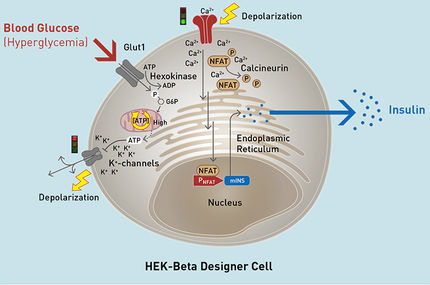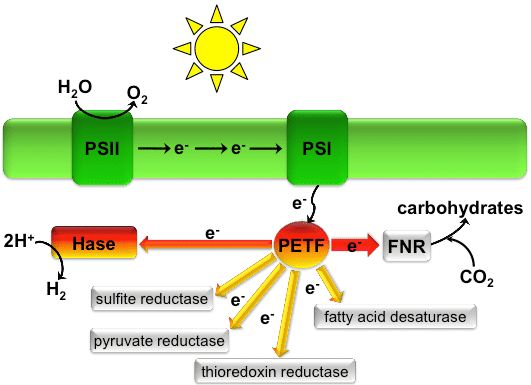Researchers Hone in on Stem Cell that Speeds Healing of Stubborn Diabetes Wounds
A new study published in stem cells Translational Medicine reveals how a particular type of stem cell generated from fat tissue may outperform other types of stem cells in speeding up the healing of wounds caused by type 1 diabetes. In the study, ulcers in a mice model treated with these cells healed significantly faster than those treated with general types of stem cells.
Slow-healing wounds present one of the most common and perplexing complications associated with both type 1 and type 2 diabetes. If left untreated, they can lead to amputation, and even death. In fact, diabetes is the leading cause of non-traumatic lower limb amputation in the United States, according to the American Diabetes Association. Despite this, there are very few consistently effective treatments for speeding the wound-healing process in patients.
Addressing this issue, researchers at the University of Tokyo (UT) School of Medicine partnered with colleagues at the Research Center for Stem Cell Engineering, National Institute for Advanced Industrial Science and Technology (Ibaraki, Japan) to test whether a type of mesenchymal stem cell (MSC) called Muse, which is harvested from adult adipose tissue (that is, fat), might work better than other types of MSCs in treating diabetes wounds. Previous studies had shown that Muse — which stands for “multilineage differentiating stress-enduring” — cells do not have high proliferative activity, but they do generate multiple cell types of the three germ layers without inducing unfavorable tumors. Thus, Muse cells appear to be safer than other induced pluripotent or multipotent cells and might have better therapeutic potential than general (non-Muse) MSCs.
The study details how researchers isolated the Muse cells from human tissue and then injected them into skin ulcers in diabetic mice. Study leader Kotaro Yoshimura, M.D., of UT’s Department of Plastic Surgery said that, “After 14 days the mice treated with Muse-rich cells showed significantly accelerated wound healing compared to those treated with Muse-poor cells. The transplanted cells were integrated into the regenerated skin as vascular endothelial cells and other cells. However, they were not detected in the surrounding intact regions.”
In fact, not only had the wounds of the mice treated with the Muse cells completely healed after the 14-day period, but the healed skin was thicker than that of the non-Muse treated wounds, too.
“We’re not sure yet why the Muse cells seem to work better,” Dr. Yoshimura stated, “but they expressed upregulated pluripotency markers and some angiogenic growth factors, and our animal results certainly suggest a clinical potential for them in the future. These cells can be achieved in large amounts with minimal morbidity and could be a practical tool for a variety of stem cell-depleted or ischemic conditions of various organs and tissues.”
“Fat tissue has been gaining attention as a practical source of adult stem cells,” said Anthony Atala, M.D., Editor-in-Chief of STEM CELLS Translational Medicine and director of the Wake Forest Institute for Regenerative Medicine. “This study suggests the future clinical potential for Muse cells.”
Original publication
“Therapeutic Potential of Adipose-Derived SSEA-3-Positive Muse Cells for Treating Diabetic Skin Ulcers.”; STEM CELLS Translational Medicine
Most read news
Original publication
“Therapeutic Potential of Adipose-Derived SSEA-3-Positive Muse Cells for Treating Diabetic Skin Ulcers.”; STEM CELLS Translational Medicine
Topics
Organizations
Other news from the department science

Get the life science industry in your inbox
By submitting this form you agree that LUMITOS AG will send you the newsletter(s) selected above by email. Your data will not be passed on to third parties. Your data will be stored and processed in accordance with our data protection regulations. LUMITOS may contact you by email for the purpose of advertising or market and opinion surveys. You can revoke your consent at any time without giving reasons to LUMITOS AG, Ernst-Augustin-Str. 2, 12489 Berlin, Germany or by e-mail at revoke@lumitos.com with effect for the future. In addition, each email contains a link to unsubscribe from the corresponding newsletter.





















































